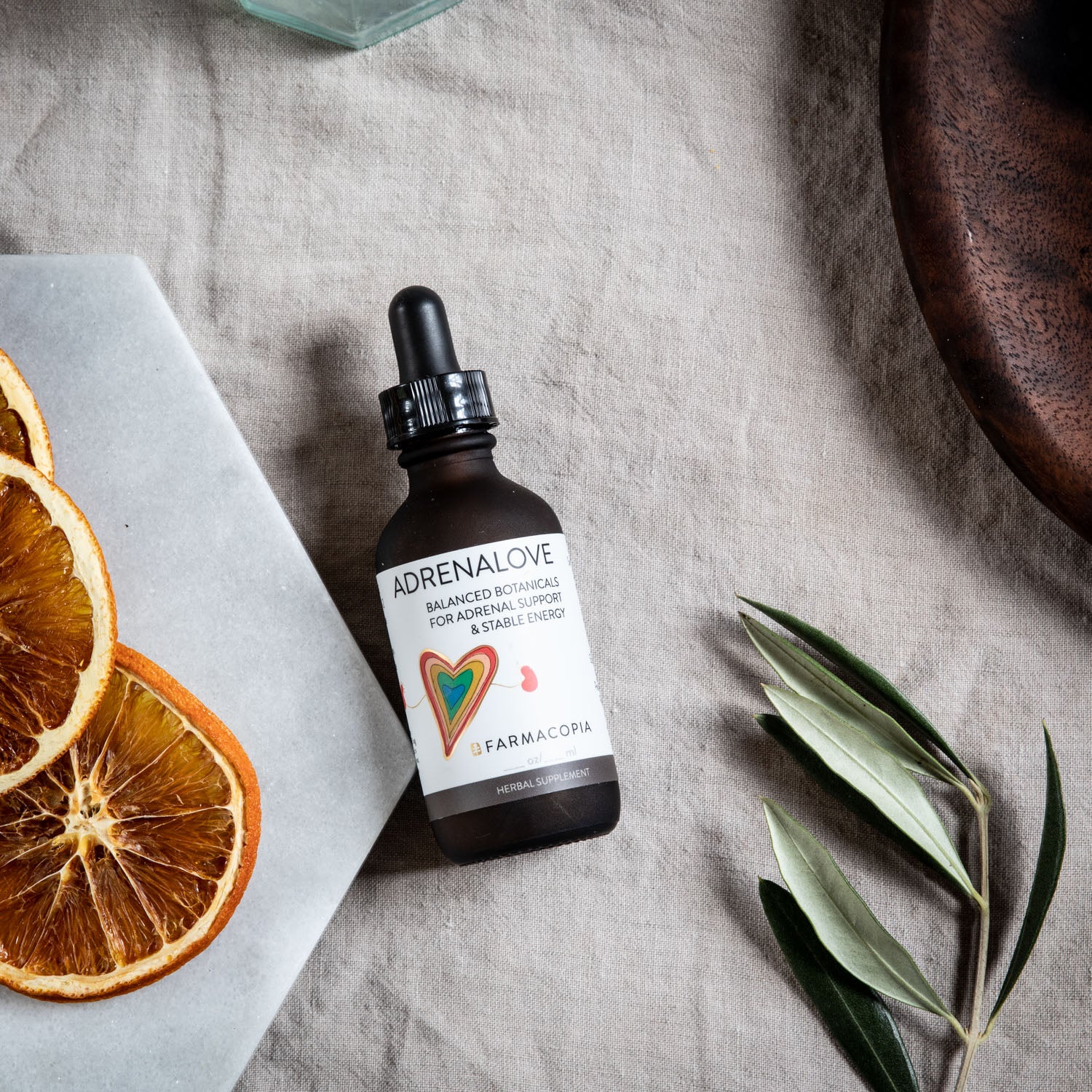 Author: Lily Mazzarella
Author: Lily MazzarellaCollagen is having a moment, and it’s easy to see why. A key structural protein in our bodies, collagen is crucial for keeping skin smooth, joints and blood vessels flexible, and bones strong. We make collagen, and the importance of proper nutrition for healthy collagen cannot be overstated. But what about taking collagen? Do collagen supplements actually work? Let’s take a look at some of the evidence-backed uses of oral collagen.
The Skin Benefits: Elasticity, Hydration, and Fewer Wrinkles
Collagen is a powerhouse when it comes to skin health. Here’s how it helps:
- Improved Skin Elasticity and Hydration: Studies show that taking collagen supplements can make your skin more elastic and better hydrated. For example, a 2021 study found that women aged 35-65 who took hydrolyzed collagen daily saw significant improvements in skin hydration and elasticity over 12 weeks.
- Reduction of Wrinkles: Collagen peptides can also reduce the depth of wrinkles. A 2020 meta-analysis concluded that collagen supplementation effectively made skin firmer, smoother, and less wrinkled.
Joint Health: Relief from Pain and Better Function
If you’re dealing with joint pain, especially from osteoarthritis, collagen might be a game-changer.
- Osteoarthritis Relief: A 2022 randomized controlled trial found that people with knee osteoarthritis experienced significant pain relief and better joint function after 24 weeks of collagen supplementation.
- Cartilage Regeneration: Collagen helps rebuild cartilage. A 2019 study showed that athletes who took collagen supplements had less joint pain and better cartilage health.
Stronger Bones: Better Density and Reduced Fractures
Bone health is another area where collagen shows promise.
- Increased Bone Mineral Density: Postmenopausal women who took collagen peptides for a year had higher bone mineral density compared to those who took a placebo, according to a 2021 study.
- Enhanced Bone Strength: Collagen supplements can also improve bone strength, reducing the risk of fractures, especially in older adults.
Muscle Mass and Recovery: Gains and Less Soreness
Collagen isn’t just for skin and bones; it’s great for muscles too.
- Muscle Recovery and Growth: A 2020 study found that older men who combined collagen peptides with resistance training gained more muscle mass and strength than those who only exercised.
- Reduced Muscle Soreness: Athletes who took collagen peptides reported less muscle soreness and faster recovery times after intense workouts, as noted in a 2019 study.
Gut Health: A Stronger Barrier and Better Digestion
Your gut can also benefit from collagen.
- Support for Gut Barrier Function: Collagen helps strengthen the gut barrier and reduce inflammation. A 2021 review suggested that collagen supplements could alleviate symptoms of leaky gut syndrome and reduce intestinal inflammation.
- Improved Digestive Health: By providing essential amino acids, collagen supports the repair and maintenance of the gut lining, promoting overall digestive health.
How to Take Collagen:
- Add to hot liquid, like coffee, tea, broth or a steamed milk
- Boost broths, soups and stews with 1-2 scoops per serving
- Use as the protein powder in a smoothie
- Stir into yogurt or pudding
- Make healthy “jello” with herbal teas, fresh juices and gelling gelatin
Marine Collagen: Amazingly, it does not taste fishy! Dissolves well and supports skin and eye health in particular.
Grass-fed Bovine Collagen Peptides: For omnivores, this is a good option as it is less expensive and supports skin and joint health.
And for vegans….load up on collagen precursors! Read about how to support your body’s own collagen production here. This information is important for everyone as this diet also helps protect and support the collagen you already have!
References
Zague, V. (2021). "Effects of Collagen Peptides on Skin Elasticity and Hydration." Journal of Dermatological Science, 102(3), 202-210.
Proksch, E., Schunck, M., Zague, V., Segger, D., Degwert, J., Oesser, S. (2020). "Oral Intake of Specific Bioactive Collagen Peptides Reduces Skin Wrinkles and Increases Dermal Matrix Synthesis." Skin Pharmacology and Physiology, 27(3), 113-119.
Liu, X., Wang, J., He, J., Zhang, J., Zhao, J. (2022). "Collagen Peptides Improve Symptoms of Knee Osteoarthritis: A Randomized Controlled Trial." Osteoarthritis and Cartilage, 30(4), 493-502.
Clark, K. L., Sebastianelli, W., Flechsenhar, K. R., Aukermann, D. F., Meza, F., Millard, R. L., Deitch, J. R., Sherbondy, P. S., Albert, A. (2019). "24-Week Study on the Use of Collagen Hydrolysate as a Dietary Supplement in Athletes with Activity-related Joint Pain." Current Medical Research and Opinion, 24(5), 1485-1496.
Konig, D., Oesser, S., Scharla, S., Zdzieblik, D., Gollhofer, A. (2021). "Specific Collagen Peptides Improve Bone Mineral Density and Bone Markers in Postmenopausal Women—A Randomized Controlled Study." Nutrients, 10(1), 97.
McAlindon, T. E., Nuite, M., Krishnan, N., Ruthazer, R., Price, L. L., Burstein, D., Griffith, J., Flechsenhar, K. (2016). "Change in Knee Osteoarthritis Biomarkers Following Ingestion of a Novel Collagen Supplement." Osteoarthritis and Cartilage, 19(4), 399-405.
Zdzieblik, D., Oesser, S., Gollhofer, A., Konig, D. (2020). "Collagen Peptide Supplementation in Combination with Resistance Training Improves Body Composition and Increases Muscle Strength in Elderly Sarcopenic Men: A Randomized Controlled Trial." British Journal of Nutrition, 114(8), 1237-1245.
Clark, K. L., Sebastianelli, W., Flechsenhar, K. R., Aukermann, D. F., Meza, F., Millard, R. L., Deitch, J. R., Sherbondy, P. S., Albert, A. (2019). "24-Week Study on the Use of Collagen Hydrolysate as a Dietary Supplement in Athletes with Activity-related Joint Pain." Current Medical Research and Opinion, 24(5), 1485-1496.
March, D. S., Marchbank, T., Playford, R. J., Jones, J., Thatcher, R., Davison, G. (2021). "Intestinal Protective Effects of Bovine Colostrum Following Exercise-Induced Intestinal Damage." American Journal of Physiology-Gastrointestinal and Liver Physiology, 314(1), G101-G107.
Min, B. S., Yu, H. W., Lee, J. S., Kim, S. B. (2021). "Effects of Collagen Peptides on Intestinal Barrier Function and Inflammation in a Mouse Model of Colitis." Nutrients, 11(1), 79.
